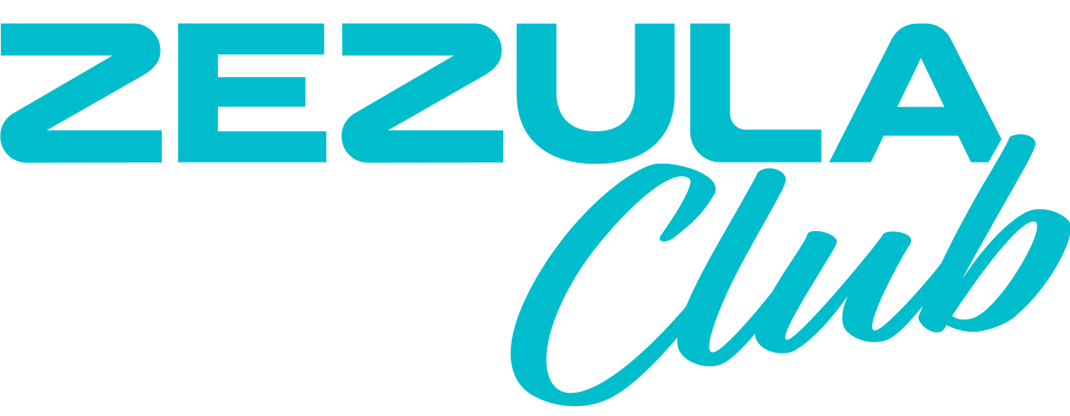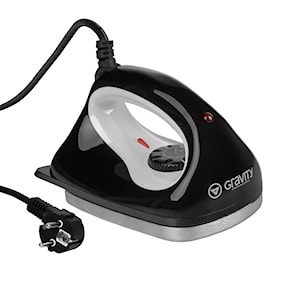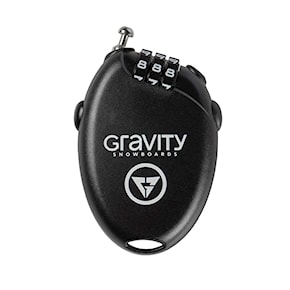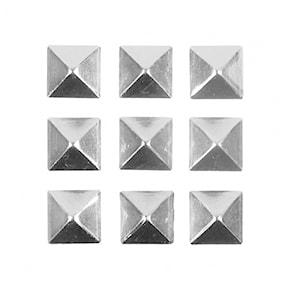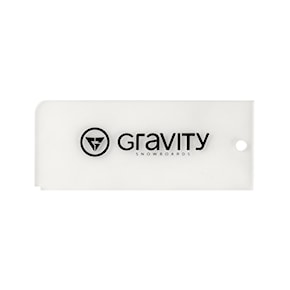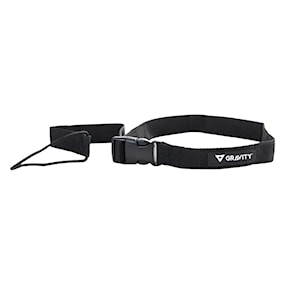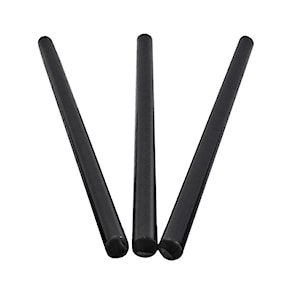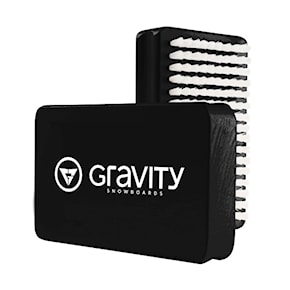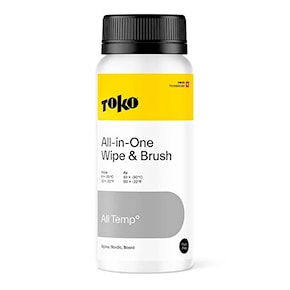When choosing a snowboard, it is important that it matches the level and experience of the rider and his overall physical constitution - i.e. height and weight. A beginner with no previous experience should choose a snowboard that is not too specific in its parameters for a specific snowboarding style.
Advanced riders usually prefer a specific style – freeride (freeride / pow), freestyle (park riding on obstacles, jumps) or universal/allround (riding on the slope).
VIDEO: How to Choose a Snowboard
The Length of the Snowboard
The length of the snowboard should generally be up to the chin. If the rider is still expected to grow, the size should be chosen between the chin and the nose. For freestyle you can choose a slightly shorter board, but this is not a rule. A board that is too short could make you oversteer in a turn, while a board that is too long makes it difficult to transition into a turn and is generally harder to control.
Weight of the Rider
Each snowboard has a specific weight tolerance - the range of minimum and maximum rider weight. When choosing a snowboard, it is important to consider whether the rider is within this weight tolerance or not. If the rider is too light for the chosen snowboard, they will not flex enough in the turn, will not ride the full length of the effective edge and will not take advantage of the board's characteristics. Riders weighing above the weight tolerance risk overloading the snowboard or damaging it.
If you're not sure if the snowboard you've chosen suits your weight, ask us!
The Width of the Snowboard
The width of the snowboard is also an important parameter. It is important that the rider does not reach the toes or heels of the boots to the slope when riding in an arc. Riders with a boot size of UK 10.5 (EUR 45) and larger should look for wide versions of snowboards. With such a board they will be able to cut arcs without grinding the slope with their toes. There are also snowboards in mid-wide (slightly wider boards) and superwide (wide boards for really big feet) versions.
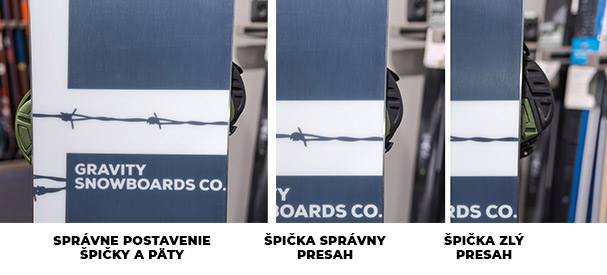

Flex (Stiffness and Flexibility) of the Snowboard
Softer boards are more suitable for beginners, are easier to control and forgive more mistakes. They are also sought after by freestyle riders who spend most of their time jibbing (riding over obstacles). However, at faster speeds, a soft snowboard is no longer obedient in the arc and cannot bounce as nimbly as a stiffer board.
Stiffer boards require experienced, fast to aggressive riding. When ridden fast, it holds better on edge and overall on frozen surfaces. The choice of a very stiff snowboard depends on the rider's experience, riding style as well as weight - lighter riders should opt for a softer snowboard instead. Not sure how stiff your snowboard is? Ask us!
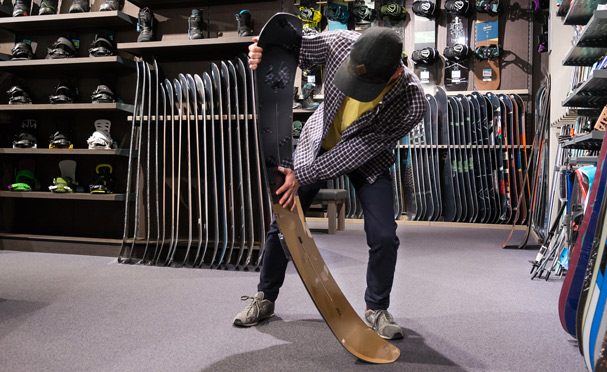
Women's Snowboards
Women's snowboards take into account the specifics of the female figure. Girls have a different centre of gravity than men, their feet are smaller and their height/weight ratio is also different. All these differences are reflected in the geometry and construction of women's snowboards.
Women's snowboards are narrower, usually softer, and inserts are moved a few millimetres closer to the centre compared to the men's version.
Types of Snowboard Bends
Another criterion when choosing a new snowboard is also the type of bend, such as camber, rocker, flat and various hybrid bends such as 3D camber, double camber etc. The best way to know the type is to put the snowboard on a flat floor and look at its profile to see where it is bent and which parts of the base are touching the ground.

A beginner will be most comfortable with a rocker that is more forgiving of mistakes. The opposite camber bend is better suited for more experienced riders, as it can bite the edge more easily, so it's good to have the snowboard under maximum control, and it has more pop and more precise control over the rocker. The flat shape with almost zero flex provides stability in all terrain, but is most used in snowpark. The hybrid flex is a combination of camber and rocker together, making it a versatile all-mountain board.
Balance of Components
The individual components of the snowboard equipment should be balanced. High-end snowboard assumes a higher model of bindings and snowboard boots. The equipment should be a balanced unit. Manufacturers often list recommended combinations of components in their catalogues and websites.
If you're buying a whole set of gear, it's a good idea to start by choosing your boots. Depending on the size, shape, thickness and possibly the brand of the snowboard boots, the appropriate bindings will be chosen.
For the maximum life of your snowboard, it's a good idea to follow a few rules and tips - these can be found in the article Snowboard maintenance: base and edge care.
